Table of Contents
In a world where advancements in technology and human rights are proudly celebrated, one disturbing question lingers in every corner of society: why must a woman suffer—and even lose her life—for simply making a choice?
Whether she says no to a proposal, dares to choose her partner, or dreams of a life that defies societal limitations, a woman’s decision to assert her autonomy is often met with violence, not understanding. This violence is not an isolated issue. It’s a global epidemic. A woman’s independence is seen as a threat, and her freedom is punished with bloodshed—a tragic cost for her desire to live on her terms.
Let us pause and reflect on just three lives. These are not isolated stories. They are painful reminders that the time to discuss these horrors is long overdue.

Kinza: 19 Years Old, With Nothing But Dreams
Kinza was a girl like any other. At just 19, she was studying at an agricultural university in Pakistan, with a backpack full of dreams for her future. Every day, she would share small moments with her family — texting about her classes, complaining about the heat, imagining what her future might hold.
But one day, she didn’t come home. Her family waited anxiously for her to return, but the hours stretched into a day. The news that followed shattered their world—Kinza’s lifeless body was found by the roadside, her belongings still packed in her bag, her earrings missing.
What did Kinza do to deserve such a fate?
She had rejected a marriage proposal from her cousin. When her parents respected her wishes and refused the match, the man’s pride and sense of entitlement were broken. His response was violent: he kidnapped her, raped her, poisoned her, and left her to die. Kinza’s dreams didn’t end in a grand rebellion. They ended in the simple courage of saying, “I don’t want this life.” And for that, she was silenced forever.
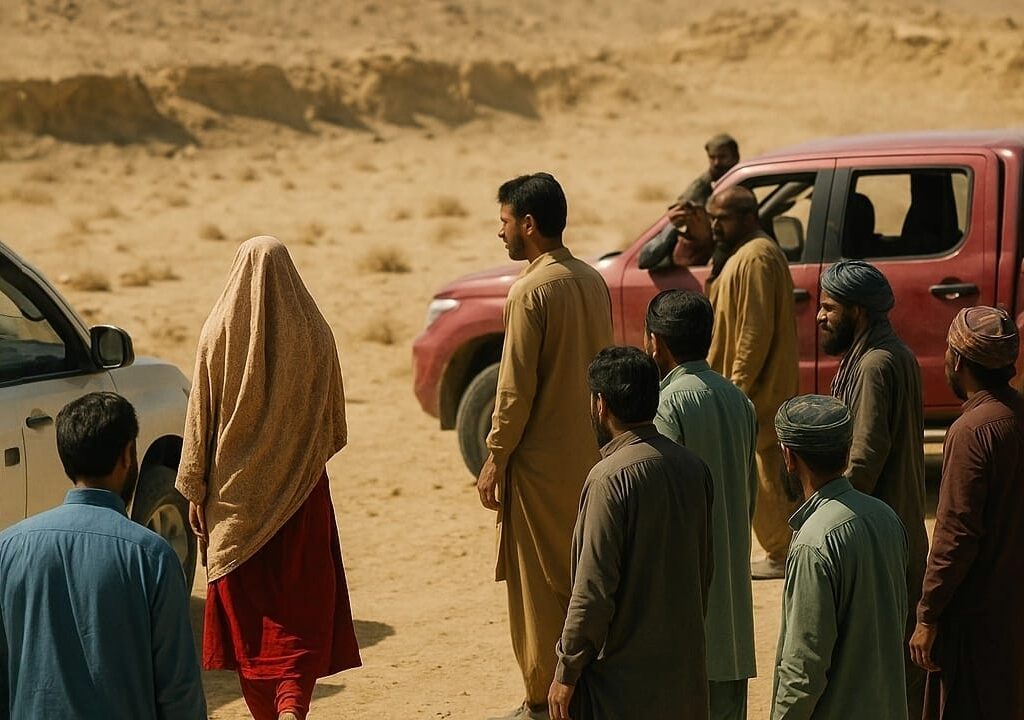
Shetal: The Last Seven Steps
Shetal was a young Baloch woman from Pakistan, full of fire and passion. She was a woman who dared to fall in love and marry the man of her choice, against the wishes of her family and community. In many tribal areas, the choice of a partner is not a woman’s to make. Her decision was met with brutal resistance.
Despite this, Shetal stood her ground. She believed in her right to love, to choose, and to live as she saw fit. But her courage was not shared by her family or the tribal elders. A jirga (tribal council) was convened, and the punishment was severe. Her marriage was deemed a “sin against honor,” and the verdict was clear: death.
Shetal and her husband were taken to the barren hills, where the executioners waited. Calm and composed, Shetal was handed a Quran—perhaps to bless her or mock her. Before she was shot, Shetal made a quiet request: “Seven steps with me, then you can shoot.”
She took those seven steps. And then, she fell.
Her husband, too, was executed alongside her. Eleven men were arrested for their crime, but nothing can bring Sheetal back. Her life, her love, and her dreams were all shattered by a tradition that valued control over human dignity.

Across the Ocean: A Life Spared, But Still Shattered
On the other side of the world, in a peaceful American town, another young girl faced her own form of cruelty. Born to immigrant parents who held rigid beliefs about silence and obedience, this teenage girl’s desire to choose her future was met with violence.
When she rejected an arranged marriage, her father’s fury erupted. One morning, as she walked to the bus stop, he followed her, grabbed her, and choked her. He wanted to kill her for daring to defy him. But before the unthinkable could happen, passersby intervened. The police were called, and she survived.
But what about the psychological scars? The violence she endured at the hands of the man who once taught her to walk? She lived, but she was left with a terrifying realization: to some, her voice was a threat. To some, her very existence—as an independent woman—was unacceptable.
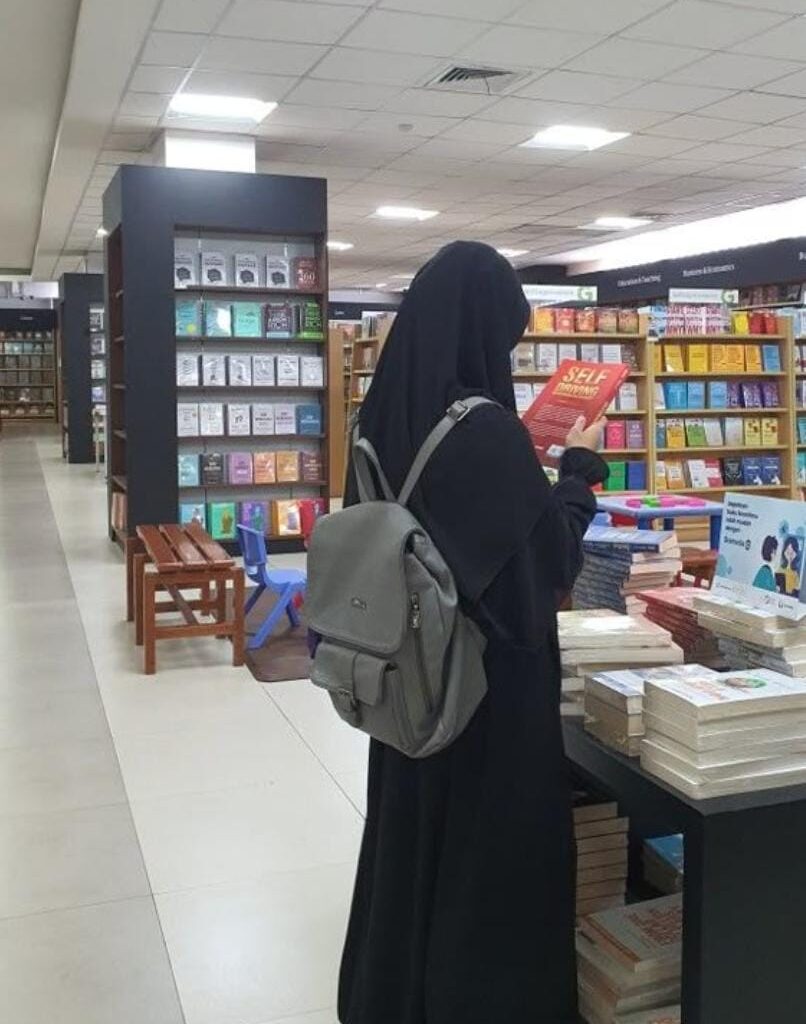
A Pattern with No Borders: Global Violence Against Women
This story is not confined to a single region or religion. It is a global epidemic—one that transcends borders, cultures, and faiths. Whether in Pakistan, America, India, Iran, or Sudan, women face eerily similar threats:
- Say no? You’re arrogant. You must be corrected.
- Say yes to love? You’ve betrayed your family. You must be punished.
- Speak your truth? You’re bringing shame. You must be silenced.
The common thread? Power, control, and male ego.
A woman’s body often becomes a battlefield for the insecurities of those around her. Her choices, her voice, and her dreams are treated like acts of rebellion. And society, rather than protecting her, often turns a blind eye, blaming her for stepping out of line.
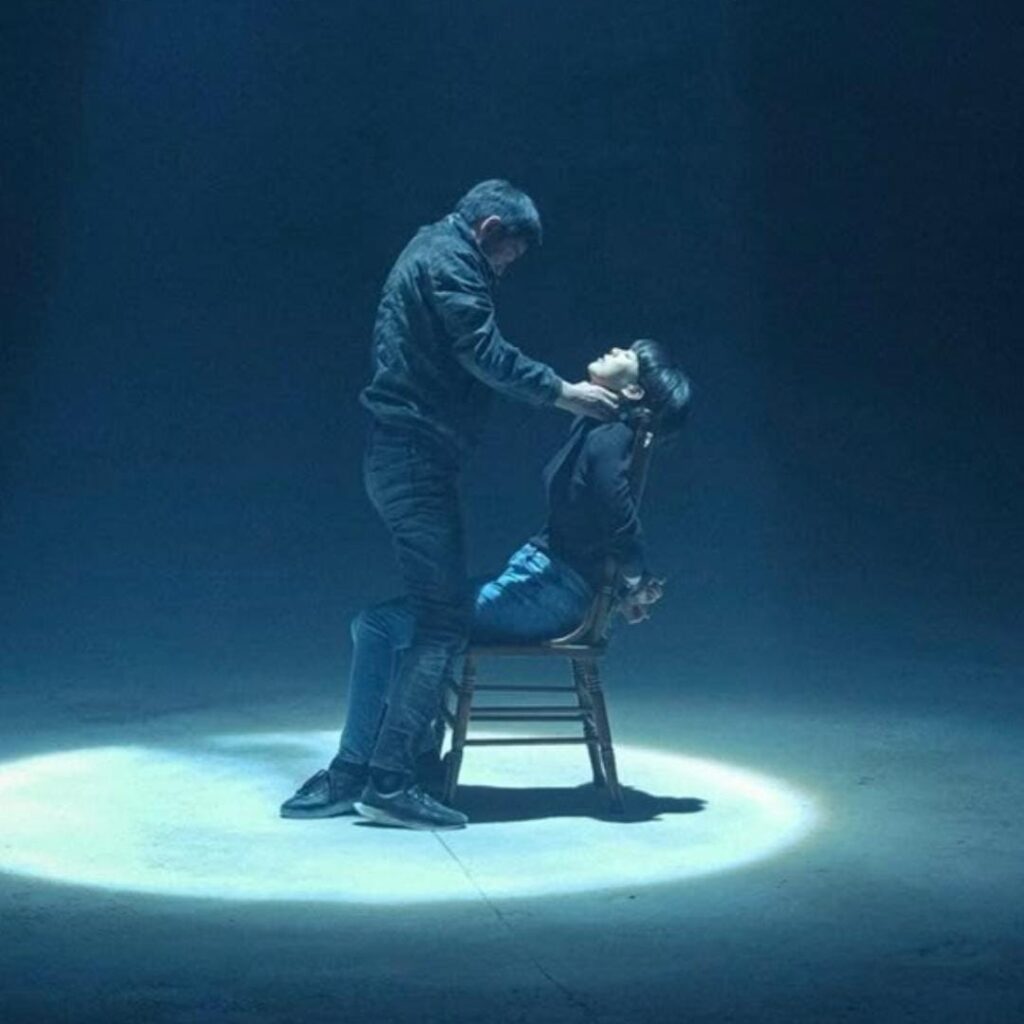
The Illusion of “Honor”
What kind of honor crumbles when a woman follows her heart? What kind of pride demands a woman’s silence to survive?
From Kinza’s rejection to Shetal’s marriage to the unnamed girl in America, what we see is not honor but the weaponization of shame. Honor becomes a mask — a convenient excuse for what is, at its core, violence rooted in control.
There is no honor in murder.
There is no pride in possession.
There is no tradition worth keeping if it ends with a bullet or a blade.

These Were Not Just Cases—They Were Lives
Kinza was a university student. She loved fieldwork and believed in education’s power to bring freedom.
Shetal wore her wedding dress with hope, believing in a future with her partner.
The girl in America laughed with her friends, dreaming of a life beyond the confines of her family’s expectations.
These are not headlines.
They are human beings.
And they were made to pay simply for wanting to choose.
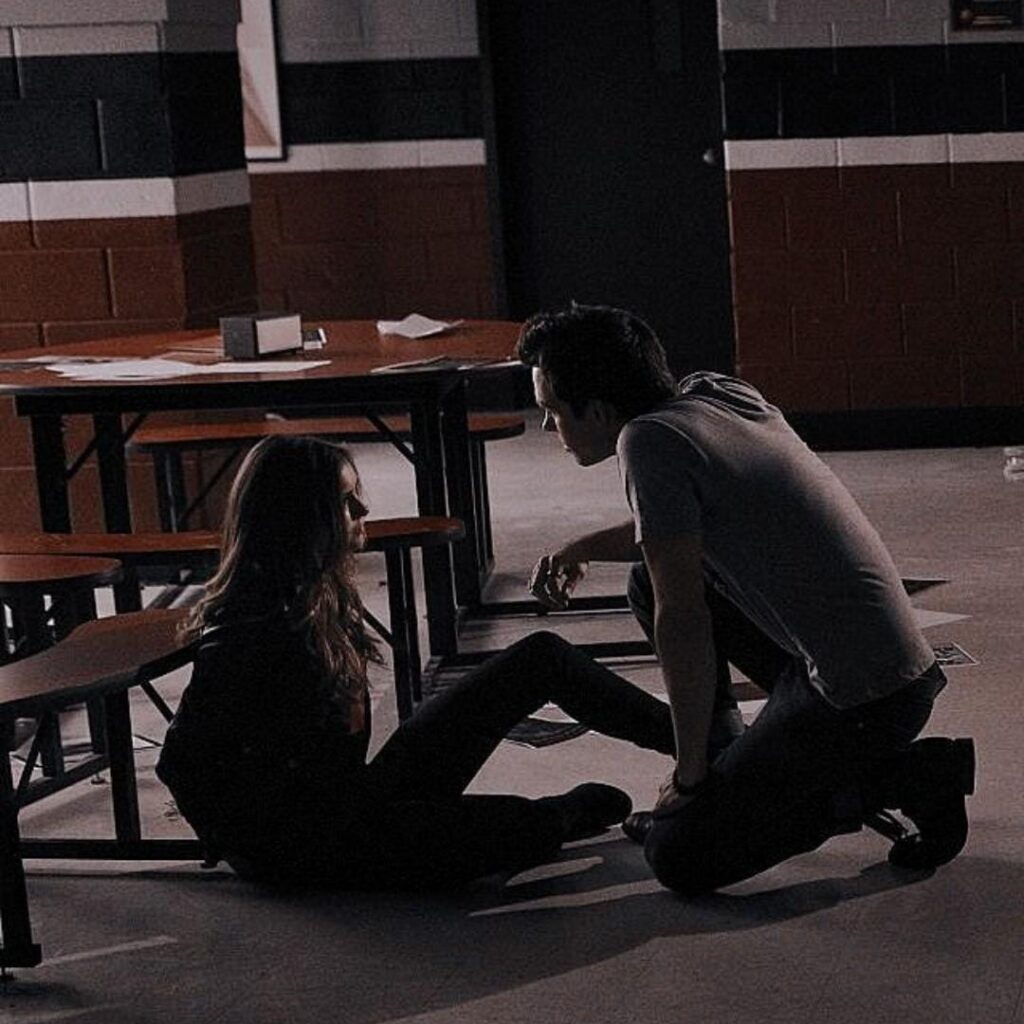
What Must Change—And Who Must Do It?
This issue cannot fall solely on women. They’ve sacrificed enough. It is time for:
- Families to stand with their daughters, not against them.
- Communities to speak up, not remain silent in the name of tradition.
- Men need to listen and unlearn the toxic ideals of control they’ve been taught.
- Governments to act—ensuring that no jirga, no suitor, and no family member can take a woman’s life with impunity.
- Education to teach new values—that love is not ownership, that refusal is not disrespect, and that autonomy is a right, not a privilege.
And for all of us—friends, neighbors, readers—we must refuse to forget. We must say their names. We must tell their stories. Again. And again.
Kinza. Shetal. The Unnamed. And Millions More.
Kinza is gone because she said no.
Shetal is gone because she said yes.
The unnamed girl survived—barely—because someone intervened.
So many others never make the news.
Their deaths are folded into silence.
Their suffering is dismissed as “family matters.”
Their dignity is buried with them.
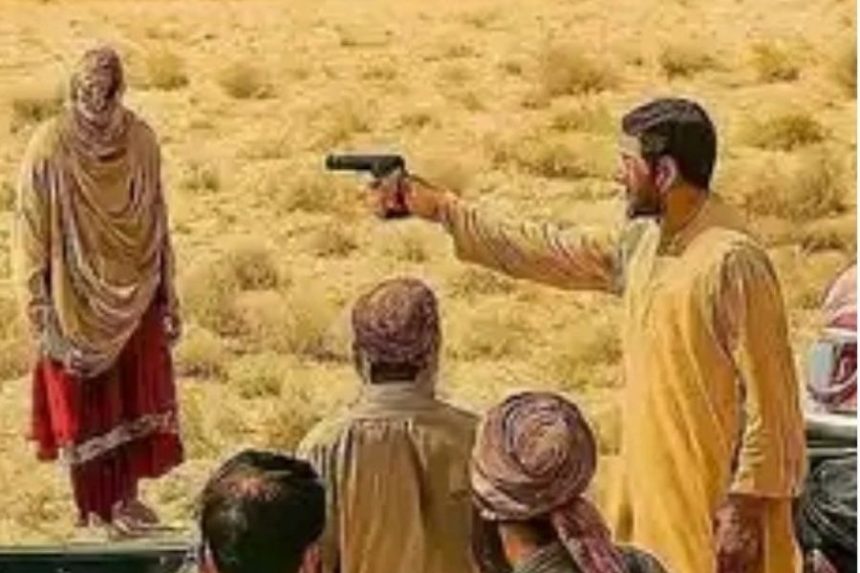
The Vow We Must Make
If you are reading this today, make this vow:
- Let Kinza be the last girl to die for saying no.
- Let Shetal be the last bride to be executed for love.
- Let no daughter fear that her freedom is a death sentence.
Let her live—not because she is your sister. Not because she is your daughter. Not because you have to.
Let her live simply because she is human.
Author Profile

- I'm Farhat Sakeena, a certified English language teacher and proofreader with a BS Hons in English Language and Literature from Govt College University Faisalabad. Holding a 120-hour TEFL certification from World TESOL Academy, I've honed my skills in teaching English online and providing high-quality proofreading services. As a dedicated freelancer, I help students and professionals improve their language skills and refine their writing.
Latest entries
 Women's RightsJuly 22, 2025Shattered Dreams and Broken Promises: The Unseen Suffering of Women Across the World
Women's RightsJuly 22, 2025Shattered Dreams and Broken Promises: The Unseen Suffering of Women Across the World Digital SocietyJuly 19, 2025Caught Between Screens and Reality: The Silent Struggle of a Generation
Digital SocietyJuly 19, 2025Caught Between Screens and Reality: The Silent Struggle of a Generation Human RightsJuly 12, 2025When Death Was the Only Visitor: The Silent Tragedy of Forgotten Lives in Urban Pakistan
Human RightsJuly 12, 2025When Death Was the Only Visitor: The Silent Tragedy of Forgotten Lives in Urban Pakistan Personal EssaysJuly 11, 2025The Weight of a Sharp Mind: When Intelligence Becomes a Cage
Personal EssaysJuly 11, 2025The Weight of a Sharp Mind: When Intelligence Becomes a Cage



1 comment
Your words give voice to those who are silenced. A powerful reminder that we must keep speaking up, standing strong, and demanding change. Keep writing, the world needs this courage